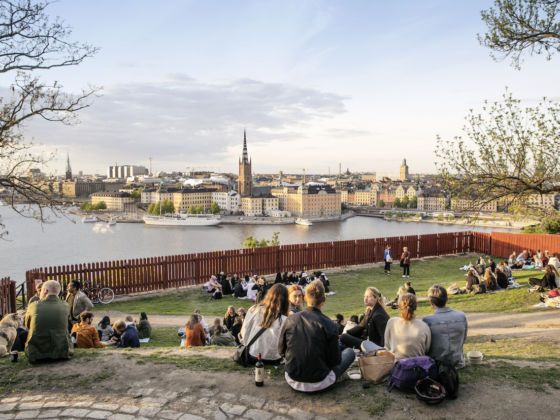The architect of Sweden’s unusual coronavirus strategy admitted this week that the country’s approach had “potential for improvement” and that too many people had died. On Wednesday, Sweden reached the unenviable distinction of the world’s highest weekly number of COVID-19-related deaths per capita.
According to The Guardian, in an interview with Swedish Radio, the country’s top epidemiologist Anders Tegnell said, “If we were to encounter the same disease again knowing exactly what we know about it today, I think we would settle on doing something in between what Sweden did and what the rest of the world has done.”
